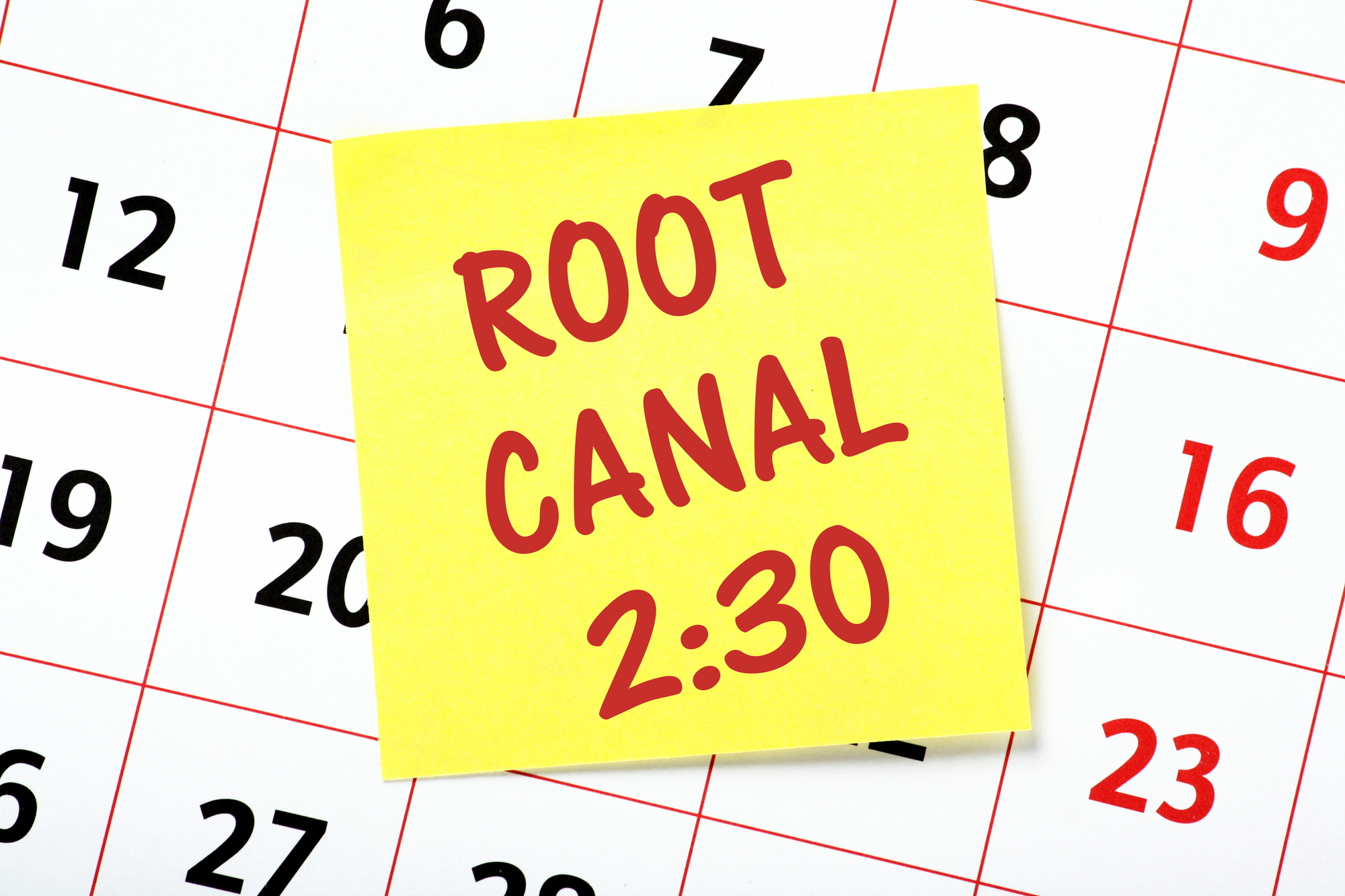Root canals have always been associated with pain. What many people do not realize is the pain is actually from infected tissue and nerve inside the pulp chamber of the tooth. The pulp chamber is protected by the top two layers of the tooth (the enamel layer then the dentin layer). It houses the tooth pulp that consists of blood vessels, connective tissue, and nerves.

When the Pulp Becomes Infected
When a tooth is damaged in a way that exposes the pulp, invading bacteria and germs can cause the pulp to become infected and cause inflammation. This is referred to as pulpitis. Most cases of pulpitis are caused by a deep tooth cavity, trauma to the tooth, or a crack in the tooth. All of which allow bacteria to enter the pulp chamber. Most people know when they are experiencing pulpitis because it is very painful. It is important to seek help from your dentist in Cary, NC at Tryon Family Dentistry if you are experiencing pain from a possible tooth infection.
When is a root canal necessary?
When treated early, pulpitis can be reversed. We will treat the tooth by removing the decay and then do a tooth filling. This should eliminate the pain and inflammation. But if your cavity is left untreated, it will progress into irreversible pulpitis. Extreme trauma to the tooth can also lead to this. In these cases, the pulp of the tooth has actually died and cannot be saved. The only way to preserve the rest of your tooth is to perform root canal therapy. Your only other option is to extract the tooth.
About Root Canal Therapy
Once the pulp has died, it cannot regenerate and must be removed. Root canal therapy is the conservative way to save what is left of your natural tooth. Your Cary, NC dentist will use a CT scan, or 3-D imaging, of your tooth to plan your treatment. Using this, along with electric rotary endodontic tools made of titanium, will allow your dentist to gain access to the pulp chamber faster and more efficiently. Once access is gained, your dentist will remove the infected pulp that is causing your pain. The chamber will be thoroughly cleaned out and an inert material called gutta percha is placed inside the chamber.
We highly recommend a dental crown be placed on that tooth after root canal therapy. Your tooth is not as strong as it once was and will need to be protected from further damage. A crown with strengthen the tooth, restoring it to its natural form and function.
Anxious about the procedure? We can help!
Before your procedure starts, we will numb the area around the tooth for your comfort. The only thing you will feel is a little pressure. Most patients compare the procedure to getting a dental filling. Even so, some patients may become overwhelmed with anxiety if they learn they will need a root canal. Our Cary, NC dentist office offers sedation dentistry to help them through the procedure. Nitrous oxide is often used to ensure the patient is comfortable and at ease. Most patients report a feeling of relief after the infection is removed which will eliminate the pressure and reduce the swelling.

